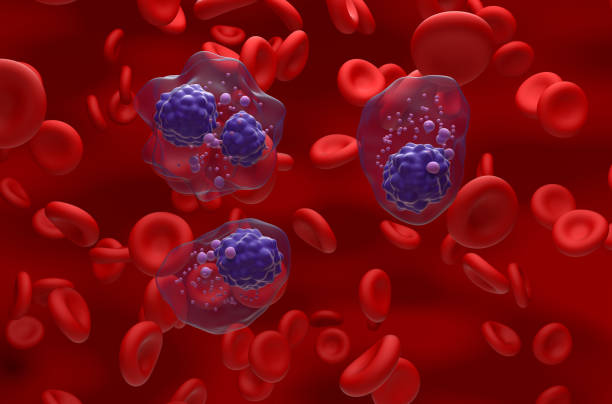Understanding Mental Health: Importance, Challenges, and Care Strategies
Mental health, an integral part of overall well-being, involves our emotional, psychological, and social well-being. It affects how we think, feel, and act, playing a crucial role in handling stress, relating to others, and making choices. This guide provides a detailed look at the importance of mental health, common challenges, and effective strategies for maintaining and improving mental health.

The Importance of Mental Health
Mental health is fundamental to living a balanced, productive life. It impacts our capacity to cope with life’s challenges, build relationships, and recover from setbacks. Good mental health is not just the absence of mental health problems but a state of overall well-being.
Common Mental Health Challenges
Mental health issues can affect anyone, regardless of age, background, or lifestyle. Common challenges include:
- Depression: More than just sadness, it’s a mental health disorder that affects mood and daily functioning.
- Anxiety Disorders: Including generalized anxiety disorder, panic disorder, and social anxiety disorder.
- Stress: A normal response to challenging situations but can become chronic and overwhelming.
- Mood Disorders: Such as bipolar disorder, involving significant changes in mood.
- Eating Disorders: Including anorexia nervosa, bulimia nervosa, and binge-eating disorder.
- Addiction and Substance Abuse: The compulsive use of substances despite harmful consequences.
Signs of Mental Health Issues
Recognizing the signs of mental health issues is crucial for seeking help. These can include:
- Persistent sadness or irritability.
- Extreme highs and lows.
- Excessive fears, worries, or anxieties.
- Social withdrawal.
- Dramatic changes in eating or sleeping habits.
- Strong feelings of anger.
- Delusions or hallucinations.
- Growing inability to cope with daily problems and activities.
Seeking Help
It’s important to seek help if you or someone you know is struggling with mental health issues:
- Consult Healthcare Professionals: Psychiatrists, psychologists, or counselors can provide diagnoses and treatment.
- Talk Therapy: Including cognitive-behavioral therapy (CBT), psychotherapy, or counseling.
- Medication: Prescribed by psychiatrists or doctors, can be effective for certain mental health conditions.
Strategies for Maintaining Mental Health
- Healthy Lifestyle: A balanced diet, regular exercise, and sufficient sleep are crucial.
- Stress Management: Techniques like meditation, deep breathing, or yoga.
- Social Connections: Maintaining strong relationships with friends and family.
- Hobbies and Interests: Engaging in activities that bring joy and relaxation.
- Mindfulness and Meditation: Practices that foster a state of active, open attention to the present.
Breaking the Stigma
There is often a stigma associated with mental health issues, leading to misconceptions and barriers to seeking help. Efforts to break this stigma include open conversations, education, and advocacy.
Conclusion
Mental health is a critical aspect of our lives, influencing our thoughts, behaviors, and interactions with the world. Understanding its importance, recognizing the signs of mental health issues, and knowing how to maintain or improve mental health are key to a fulfilling life. By prioritizing mental health and breaking the stigma surrounding it, we can create a more supportive and understanding society for everyone.






